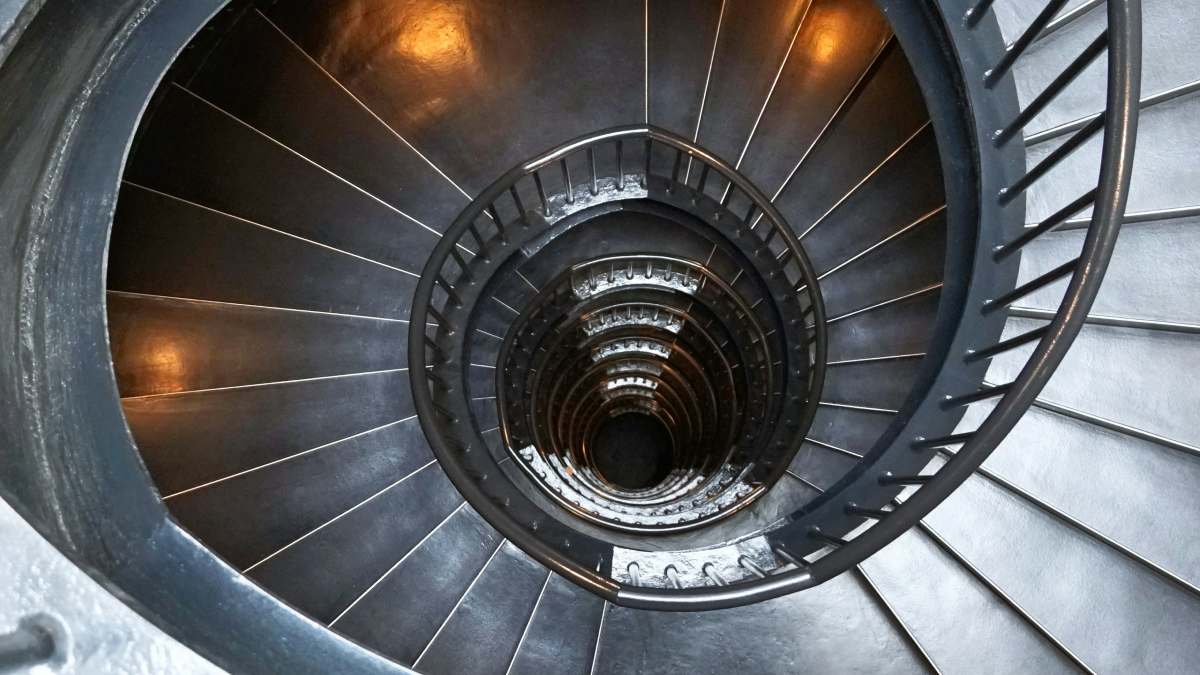
Research Reveals What Makes A Person Susceptible To Hypnosis
Turns out, not every person is as open to hypnosis as the next, and it takes a certain kind of person to give into it.

By Mark Travers, Ph.D. | February16, 2024
Clinical hypnosis, also known as hypnotherapy, is a therapeutic technique that uses guided relaxation, focused attention and suggestion to help individuals achieve a heightened state of awareness. In this state, individuals are more open to suggestions and believed to be more responsive to therapeutic interventions.
The benefits of hypnosis for mental and physical well-being are well-established. A 2023 study found that it aids in stress reduction, enhancing self-esteem, pain management and facilitating mindfulness.
Contrary to pop-culture representations of "hypnotizable people," such individuals are not devoid of willpower. Hypnosis is not a form of mind control and individuals cannot be forced to do anything against their will in a hypnotic state, no matter how suggestible they are. The narrative surrounding highly hypnotizable personalities is far more nuanced.
Here are two personality traits of individuals who are more likely to enter hypnotic states, based on research.
1. Openness To Experience
A 2017 study found that individuals with high hypnotic susceptibilities exhibited greater openness to experience, which is a personality trait that reflects an individual's inclination towards novelty, variety and intellectual curiosity.
People high in openness to experience tend to be imaginative, creative, open-minded and willing to explore new experiences and ways of thinking. They often embrace diversity, seek unconventional solutions, and remain open to change and adventure in various spheres of life.
"People with high openness to experience are willing to entertain novel ideas. The hypnotic experience seems fresh and novel for them; therefore, these people might pay more attention to the verbal or behavioral suggestions given by the experimenter during the hypnotic process," the researchers explain.
Additionally, researchers suggest that individuals with high hypnotic susceptibility may be particularly attuned to and accepting of their hypnotic vulnerabilities, as openness to experience also involves an openness to one's inner emotional world.
In contrast, researchers found that extroverted individuals, known for their sociable and talkative nature, may become easily distracted by their surroundings. The hypnotic process requires high levels of concentration, making it challenging for such personalities to stay engaged throughout.
2. Transliminality
A 2024 study found that hypnotic suggestibility is also associated with "transliminality," which refers to an individual's predisposition to experience cognitive processes that extend beyond typical boundaries, such as increased susceptibility to mystical or paranormal experiences, creative thinking and a heightened awareness of inner thoughts and feelings.
This concept suggests that certain individuals may have a more porous or permeable cognitive boundary, allowing for a greater flow of information between different cognitive domains, such as between the conscious and unconscious mind.
According to the researchers, the three following aspects of transliminality are linked to hypnotic suggestibility.
- Absorption. Absorption, linked to both transliminality and hypnotic suggestibility, refers to an individual's capacity to become deeply engrossed in sensory or imaginative experiences. Highly absorptive individuals are more likely to lose themselves in their thoughts, daydreams or external stimuli such as books, movies or music. High levels of absorption can support heightened focus on internal experiences, making individuals more receptive to the vivid mental imagery and therapeutic suggestions employed in hypnosis.
- Fantasy-proneness. Fantasy proneness, a key facet of transliminality, refers to the inclination or readiness of an individual to engage in vivid and immersive fantasies. Individuals high in fantasy proneness often have rich and elaborate imaginary worlds, blurring the line between imagination and reality. Research suggests that fantasy proneness is also a trait of highly hypnotizable individuals. An openness to non-conventional or fantastical experiences can contribute to a rich imaginative life, which is often tapped into during hypnotic experiences.
- Dissociation. Dissociation involves a detachment from one's immediate surroundings, consciousness or identity. It is characterized by a separation of thoughts, feelings and experiences that are usually integrated. As transliminality involves a predisposition for transcending conventional cognitive boundaries, dissociation can play an important role in hypnotizability by facilitating a more porous mental boundary or the ability to disengage from immediate sensory input. Research shows that highly suggestible people who also display high levels of dissociation tend to have unusual or extraordinary experiences that deviate from their expected reality.
In his 2023 study on hypnotic responses, researcher Paul Dell asserts that hypnosis is more a "freestanding human ability to alter personal experience" than a product of suggestion, challenging the concept of "hypnotizability." While some individuals are able to experience this to a greater degree than others, this perspective highlights the universality of this capacity, suggesting that, to varying degrees, anyone might possess the natural ability to tap into a realm of hypnotic experiences.
Are you curious about your level of openness to experience? Take this personality test: Openness to experience scale
A similar version of this article can also be found on Forbes.com, here.
